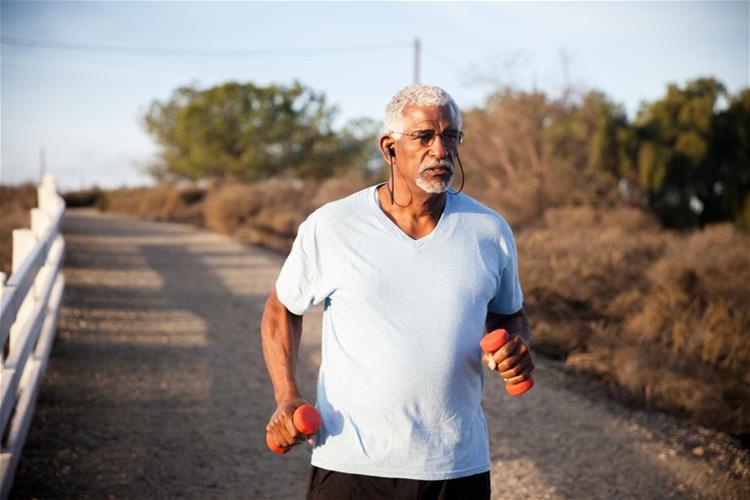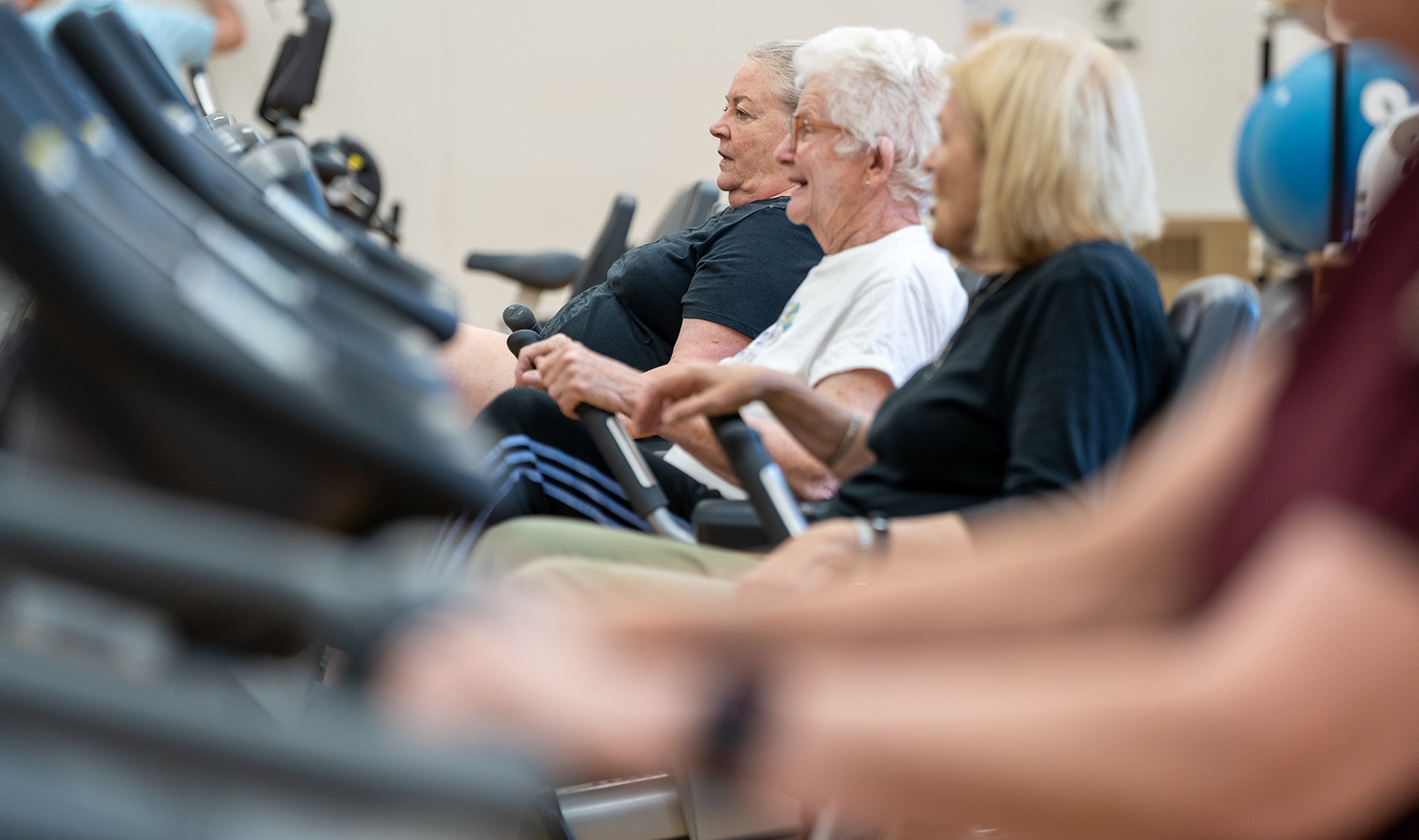
February 7, 2018 – People who would like to become physically stronger should start with weight training and add protein to their diets, according to a comprehensive scientific review of research at McMaster University.
The review finds that eating more protein, well past the amounts currently recommended, can significantly augment the effects of lifting weights, especially for people past the age of 40. But there is an upper limit to the benefits of protein, the review cautions.
On the other hand, any form of protein is likely to be effective, it concludes, not merely high-protein shakes and supplements. Beef, chicken, yogurt and even protein from peas or quinoa could help us to build larger and stronger muscles.
It makes intuitive sense that protein in our diets should aid in bulking up muscles in our bodies, since muscles consist mostly of protein. When we lift weights, we stress the muscles and cause minute damage to muscle tissue, which then makes new proteins to heal. But muscles also will readily turn to and slurp up any bonus proteins floating around in the bloodstream.
Knowing this, bodybuilders have long swallowed large amounts of gloppy, protein-rich shakes after workouts in the expectation of adding greater bulk to their muscles than the lifting alone.
But the advantages of added dietary protein for the rest of us have been less clear. Past studies have indicated that, in general, people will gain more strength and muscle mass while weight training if they up their intake of protein than if they do not. But many of those studies have been relatively small or short-term and often have focused on only one kind of person, such as young men or older adults, or one kind of protein, such as whey shakes or soy.
Whether everyone, including women, benefits similarly from consuming added protein while weight training and just how much protein is ideal, as well as what that protein should consist of and when it should be eaten, are all open questions.
So for the review, which was published in the British Journal of Sports Medicine, researchers from McMaster University in Hamilton, Ontario, and other institutions decided to aggregate the results from the best past studies of weight training and protein.
To see the results in detail, click on the following links below:
Read more about this study here
Sources: New York Times; Brighter World

